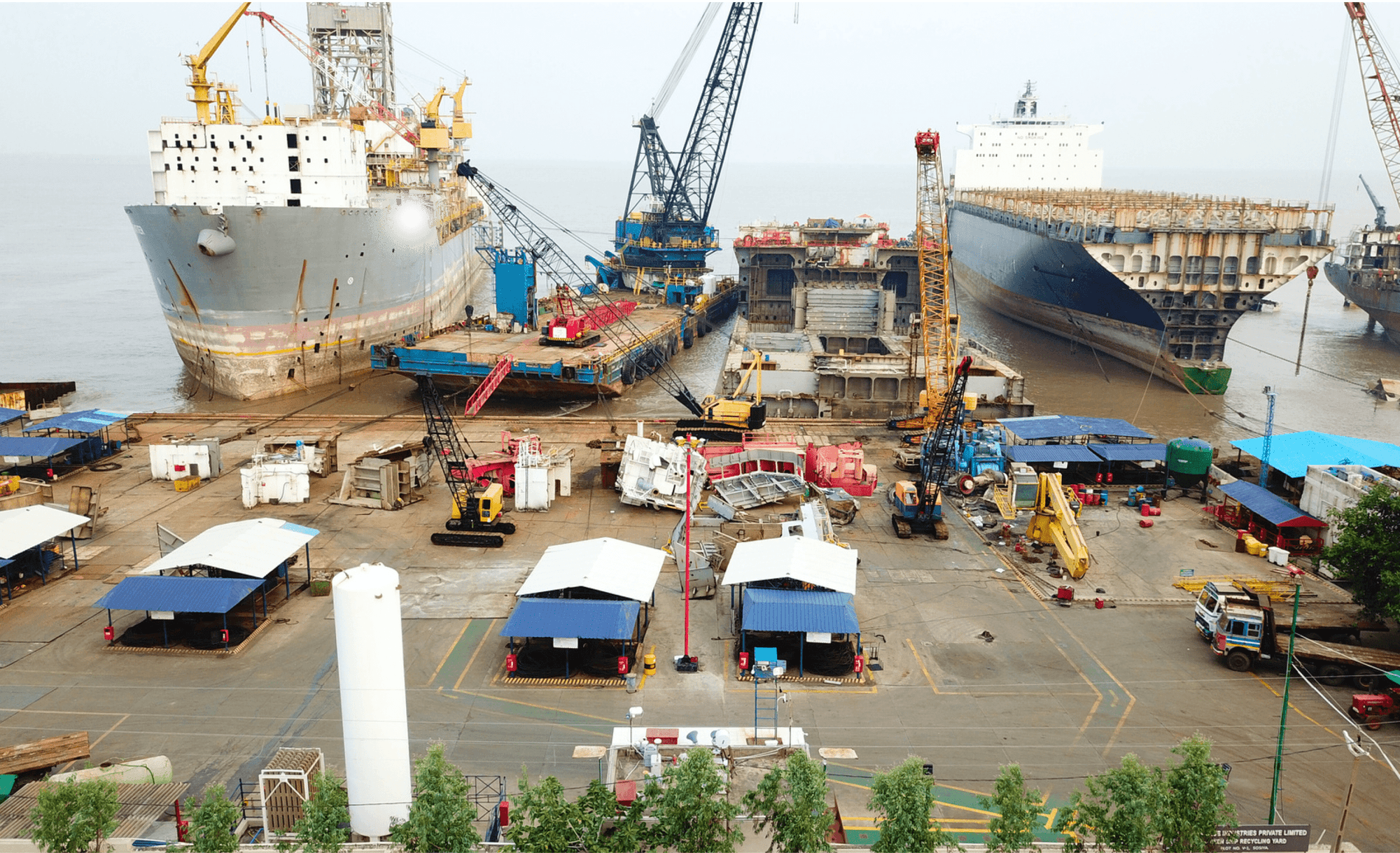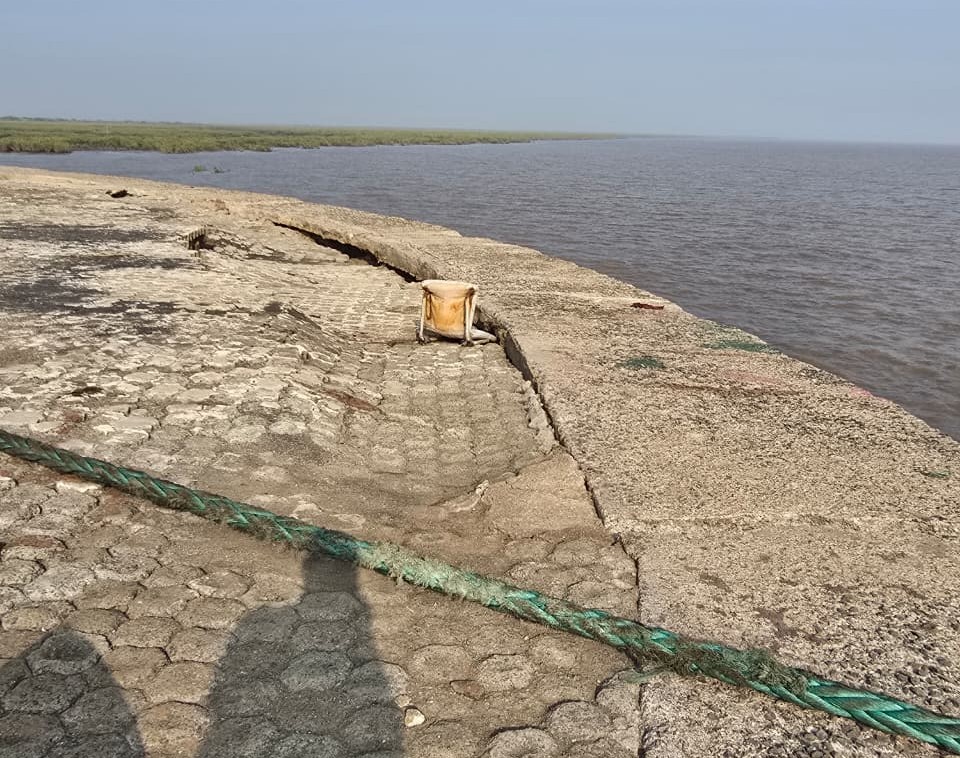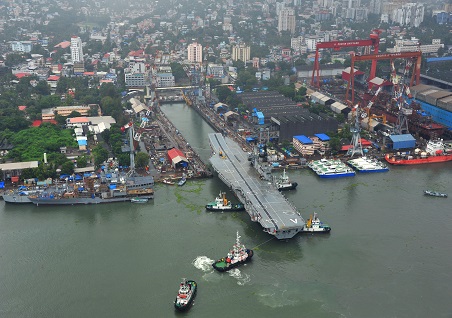Houthi Rebels Release Crew of Seized Cargo Ship Galaxy Leader Amid Gaza Ceasefire
In a significant diplomatic breakthrough, Yemen’s Houthi movement has released the 25-member crew of the cargo ship Galaxy Leader, detained since November 2023. The ship was seized at the start of a Houthi campaign targeting shipping in the Red Sea in response to the Israel-Hamas conflict in Gaza.

The crew, comprising Filipinos, Mexicans, Romanians, Bulgarians, and Ukrainians, was taken captive after Houthi fighters used a helicopter to board the Bahamas-flagged Galaxy Leader during its voyage from Turkey to India. On Wednesday, Houthi-run Al Masirah TV confirmed the crew’s release and transfer to Oman, framing the action as “support for the Gaza ceasefire agreement” between Hamas and Israel, which began earlier this week.
Diplomatic Efforts Bear Fruit
The release followed months of intricate diplomacy involving the United Nations, the International Maritime Organization (IMO), and representatives from the crew’s home countries. IMO Secretary-General Arsenio Dominguez expressed relief, stating, “This is a moment of profound relief for all of us—not only for the crew and their families but also for the wider maritime community.”
Dominguez highlighted the significance of dialogue, saying, “Today’s breakthrough is a testament to the power of collective diplomacy, recognizing that innocent seafarers must not become collateral victims in wider geopolitical tensions.”
The UN Special Envoy for Yemen, Hans Grundberg, also welcomed the development as a positive step, urging the Houthis to end all maritime attacks and continue fostering stability.
Escalation and Impact on Shipping
Over the past 14 months, Houthi forces have escalated their assaults on Red Sea and Gulf of Aden shipping, targeting dozens of vessels using missiles, drones, and small boat attacks. Their campaign has led to significant casualties, including the sinking of two vessels and the deaths of four crew members.
The Galaxy Leader, operated by Japanese shipping line NYK and owned by Isle of Man-registered Galaxy Maritime Ltd., became a high-profile symbol of these attacks. Ownership documents revealed connections to Israeli businessman Abraham Ungar, leading to Houthi claims—often unsubstantiated—that their operations exclusively targeted Israeli-linked entities.
Despite the deployment of Western naval forces in the region, including US and British warships, and airstrikes on Houthi-controlled areas in Yemen, the group has continued its activities unabated. Israel has also conducted airstrikes on Houthi positions following missile and drone launches directed at the country.
Ceasefire Influence
The ceasefire in Gaza has introduced a shift in Houthi strategy. On Sunday, the group emailed shipowners and insurers that it was easing sanctions on most ships, except those registered in Israel or wholly owned by Israeli entities. The sanctions would be lifted entirely once all the Gaza ceasefire deal phases were implemented.
Houthi leader Abdul Malik al-Houthi emphasized that the group’s future actions depended on Israel’s adherence to the ceasefire, warning, “We are in constant readiness to intervene immediately at any time the Israeli enemy returns to escalation, genocidal crimes, and siege of the Gaza Strip.”
Broader Implications for Maritime Trade
The attacks and threats in the Red Sea have significantly disrupted global shipping routes, with many companies opting for the longer, costlier passage around Africa’s southern tip to avoid the Suez Canal. Before these tensions, the canal was a critical route for approximately 12% of global trade.
Danish shipping giant Maersk has been among the affected companies. CEO Vincent Clerc previously stated, “We have ships that are being shot at. We have colleagues whose lives are at risk, and we can simply not justify sailing through these dangerous zones.”
The World Shipping Council, representing major global shipping lines, welcomed the crew’s release as an “immense relief.” CEO Joe Kramek stated, “The detention of innocent seafarers is completely unacceptable and illegal. The situation in the Red Sea has highlighted the critical need for safe and open maritime routes to protect seafarers and keep global trade moving.”
Looking Ahead
While the release of the Galaxy Leader crew offers a glimmer of hope, substantial challenges remain in restoring normalcy to Red Sea shipping operations. The Houthi campaign has underscored the vulnerabilities of maritime trade in conflict zones and highlighted the urgent need for sustainable solutions to ensure safe passage for vessels.
As the Gaza ceasefire holds, stakeholders are cautiously optimistic that the de-escalation in Yemen’s maritime conflict will continue, sparing more innocent lives and safeguarding critical global trade routes.
Author: shipping inbox
shipping and maritime related web portal








